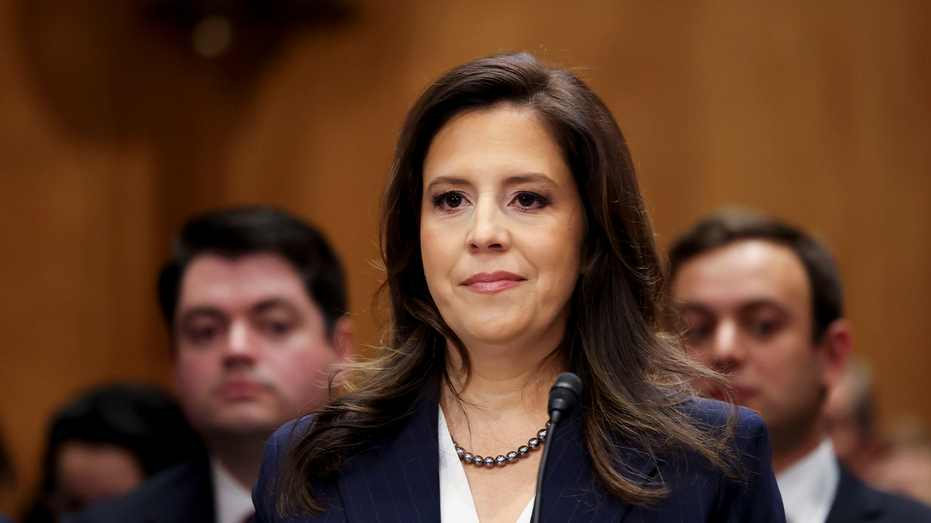Renowned documentary filmmaker Ken Burns recently voiced a stark warning: the defunding of public broadcasting would cripple news access for rural communities, creating “news deserts” where local events go unreported. He made these comments during an interview with a publication known for its critical stance towards a former president.
Burns argued that without PBS and NPR, vital coverage of local government – school boards, city councils – would vanish, leaving rural citizens uninformed. He suggested this outcome might even be the intended consequence of funding cuts, a chilling assertion about the motivations behind the decision.
However, the response to Burns’ claim was swift and overwhelmingly dismissive. A chorus of voices, particularly from those identifying with rural America, erupted online, challenging the very premise of his statement.

Many pointed out the readily available alternatives to public broadcasting, highlighting the prevalence of internet access, satellite television, and a diverse range of news outlets in rural areas. The idea that these communities are solely reliant on PBS or NPR was met with incredulity.
A common thread in the criticism was the perception of condescension, a “soft bigotry” as one commenter put it, that assumes rural residents lack access to modern media or are somehow less informed. This sentiment fueled accusations that Burns’ concern wasn’t genuine, but rather a reflection of his own reliance on public broadcasting for his career.
Several individuals directly challenged the notion that rural communities even *value* the programming offered by PBS and NPR, suggesting it caters primarily to affluent, urban audiences. The funding of these networks, they argued, has always been a questionable allocation of resources.
The debate quickly evolved into a broader discussion about cultural divides and political assumptions. Some observers noted a pattern of those critical of rural America suddenly expressing concern for its well-being, seemingly to bolster a political argument.
The overwhelming sentiment expressed online painted a picture of rural communities that are far from isolated or uninformed, actively engaged with a variety of news sources and largely uninterested in the offerings of public broadcasting. The electoral map, one commenter pointed out, consistently demonstrates a clear political preference that suggests a disconnect from the narratives presented by these networks.
Ultimately, the backlash suggests a deep-seated skepticism towards the idea that rural America is vulnerable without PBS and NPR, and a growing frustration with what many perceive as a patronizing and inaccurate portrayal of their lives and access to information.
The core of the disagreement seems to lie in a fundamental disconnect: a filmmaker’s professional stake in public broadcasting versus the lived reality of those he claims to be protecting.





